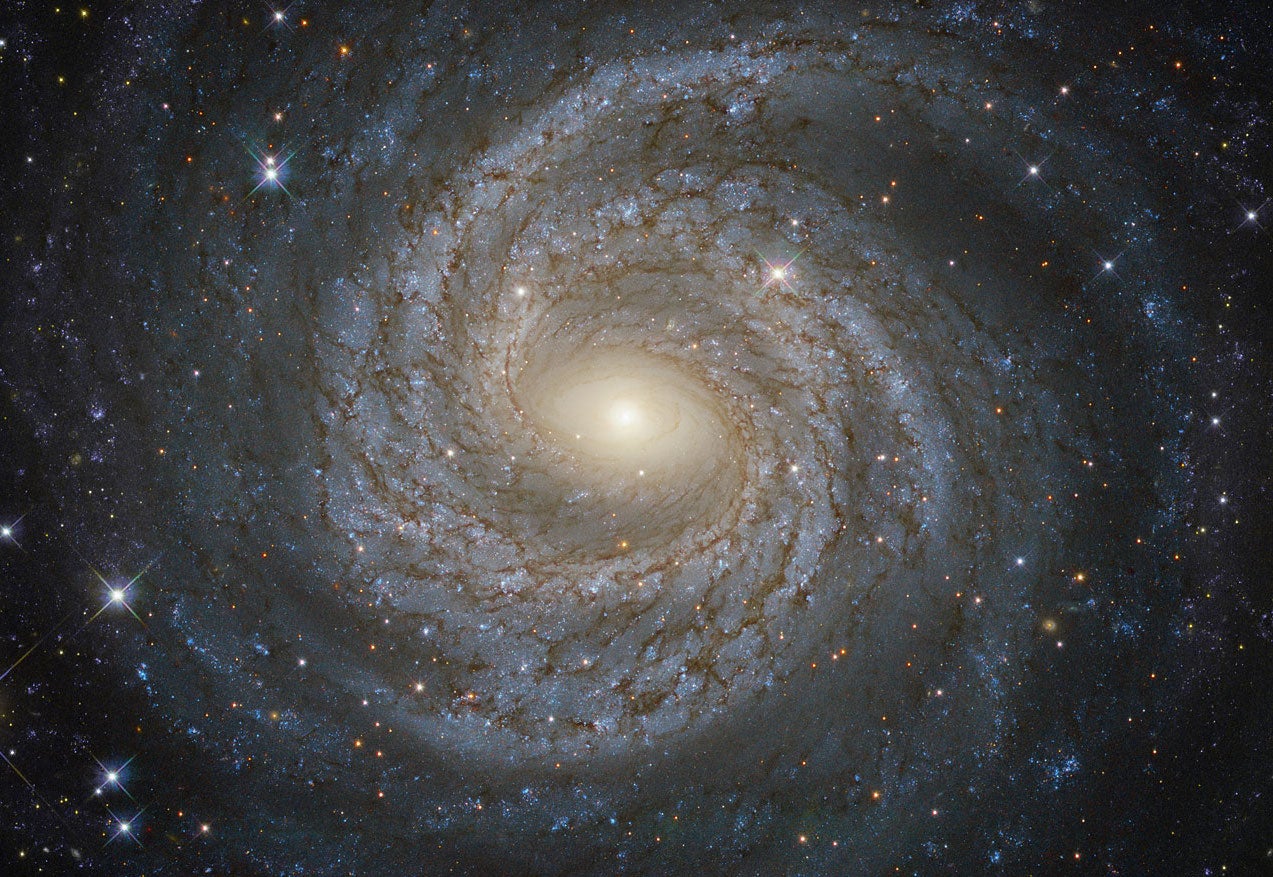Universe is far bigger and more stuffed with galaxies than previously thought, scientists reveal
More than 90 per cent of the galaxies in the cosmos have never been studied. Scientists aren't sure what they'll find there

The universe was already far too big to understand. But scientists just found that it’s actually much bigger than we’d previously thought.
The observable universe is made up of at least two trillion galaxies, according to a new study. That’s 20 times more than had previously been thought.
The new estimate comes from a British-led study that used images from the Hubble Space Telescope to create a 3D map of the universe. That allowed scientists to understand how dense the galaxies were, and how large separate small regions of space are.
And when that was all put together, the scientists found that the map was far larger than they’d ever thought. It was previously thought that the observable universe had about 100 billion galaxies – until the new study found far more.
The observable universe refers to the part of the cosmos that we can see from Earth, since the light from it has had time to reach us.
The study found that early in the universe’s history it was far more full, and so had far more galaxies. When our cosmos was just a few billion years old, each part of it had 10 times more galaxies than take up that space today.
"Finding more galaxies in the past implies that significant evolution must have occurred to reduce their number through extensive merging of systems,” said lead scientist Professor Christopher Conselice, from the University of Nottingham. “We are missing the vast majority of galaxies because they are very faint and far away.
"The number of galaxies in the universe is a fundamental question in astronomy, and it boggles the mind that over 90% of the galaxies in the cosmos have yet to be studied.
"Who knows what interesting properties we will find when we study these galaxies with the next generation of telescopes?"
The research, co-funded by the Royal Astronomical Society, appears in the Astrophysical Journal.
Join our commenting forum
Join thought-provoking conversations, follow other Independent readers and see their replies
Comments
Bookmark popover
Removed from bookmarks